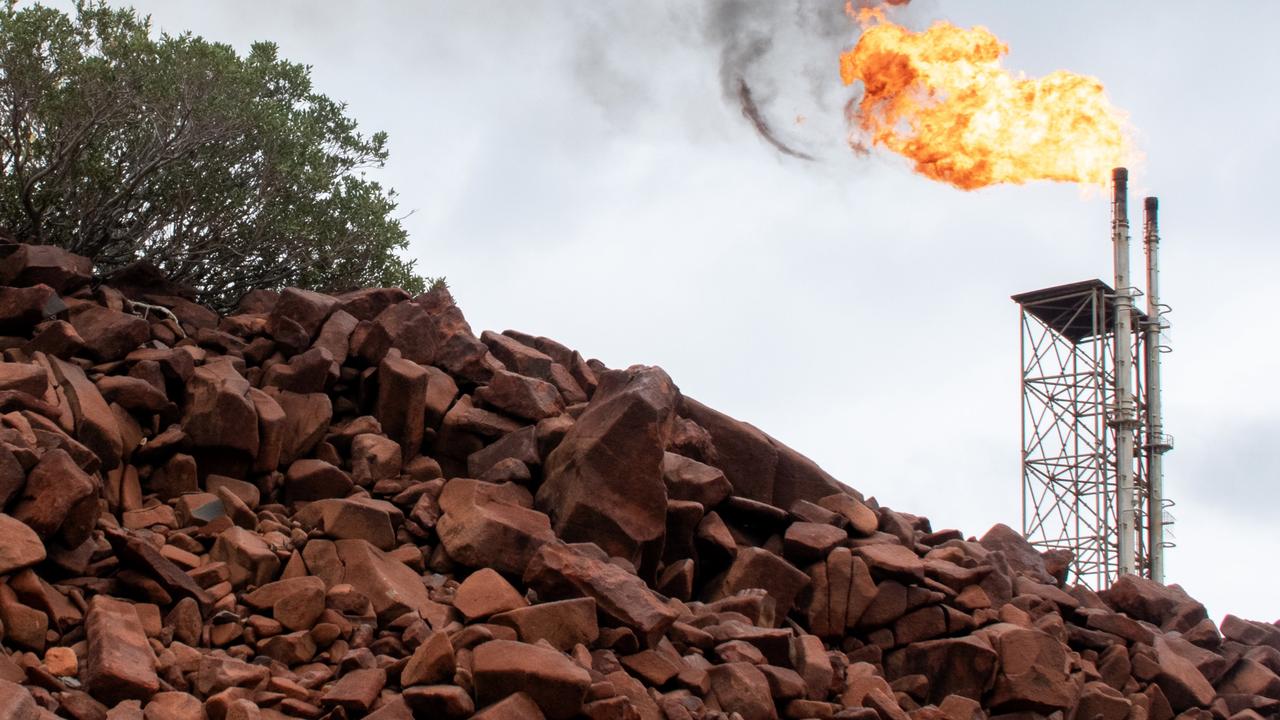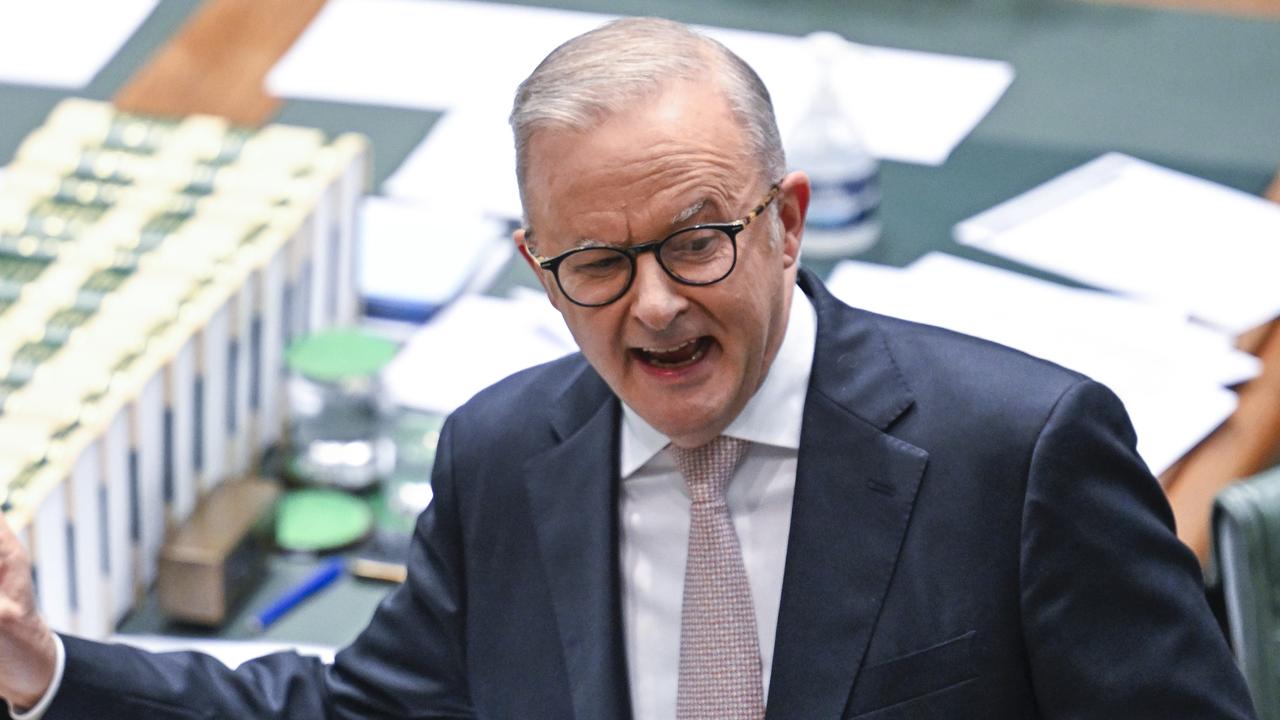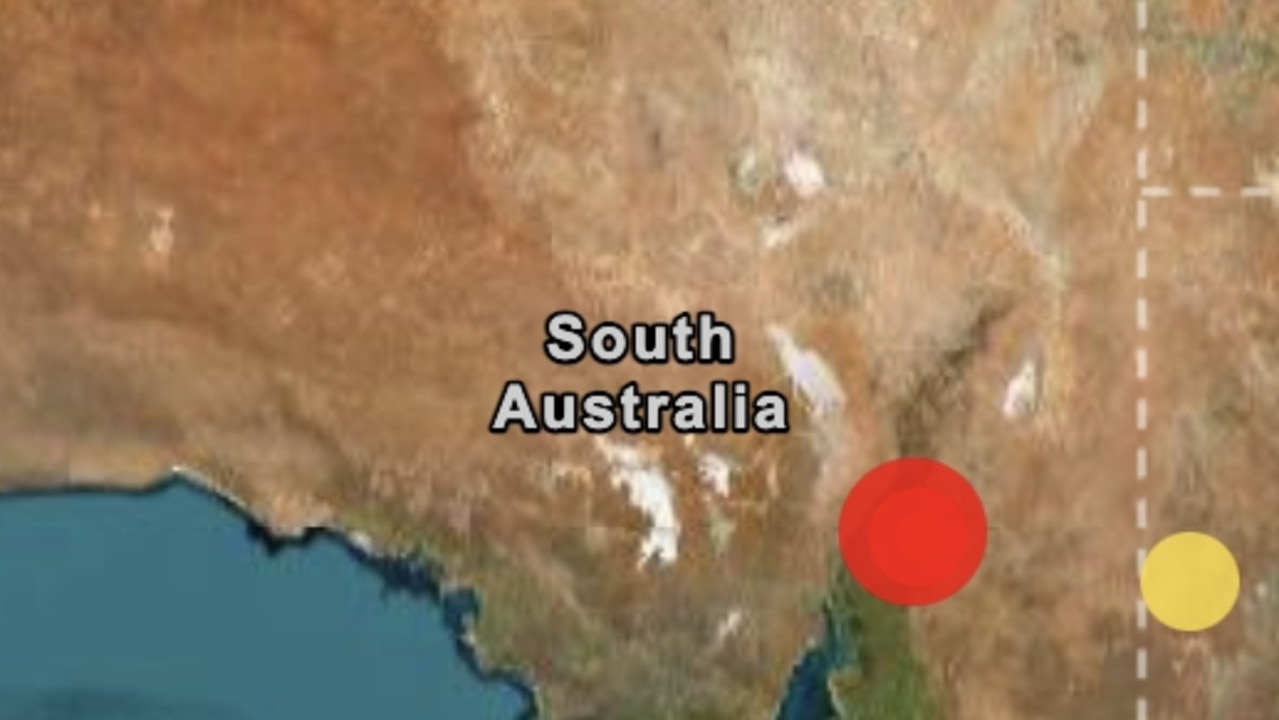‘Won’t survive’: Australia ‘falling short’ of Great Barrier Reef management goals
Politicians have been served a major wake-up call when it comes to the management of one of the world’s most-treasured natural wonders.
One of Australia’s most iconic landscapes has been given just six months to turn its future around as it continues to battle environmental disasters.
A full review of the Great Barrier Reef’s management by the Federal Government has been requested by UNESCO’s World Heritage Committee at its 47th session in Paris.
The body declared Australia’s “lack of progress” in managing the reef could see it placed on the World Heritage in Danger list by early next year.
The Federal Government must submit a State of Conservation report in February 2026 to outline the progress it has made tackling some of the reef’s key threats, including cutting climate pollution, improving water quality, preparing for climate-driven disasters like mass bleaching and ensuring sustainable fishery management.
In a response to the declaration, the Australian Marine Conservation Society (AMCS) said the key to the reef’s survival and future lies in reef-safe climate policies.

“It’s concerning, but not surprising, that the World Heritage Committee has asked Australia to make more progress on protecting the Great Barrier Reef,” AMCS Great Barrier Reef Community Campaigner Tanya Murphy told news.com.au.
“We are halfway through the critical decade to take strong climate action, and Australia is still falling short on meeting our climate targets.
“Australia remains one of the world’s top polluters per capita.
“It continues to approve new gas projects, including here in Queensland on the doorstep of the reef, so we must do our fair share to limit warming to 1.5C by committing to a 90 per cent emissions reduction target by 2035.
“We need a clear fully funded plan to meet the pollution targets this decade.”


The Albanese Government will assert its position on the ticking time bomb that is the nation’s oceanic gem by September, when it will officially set Australia’s 2035 emissions reduction target.
The reef itself also supports 64,000 jobs and drives $6.4 billion into the economy each year.
“This is the moment. It is crunch time,” Ms Murphy said.
“I’ve worked on the reef as a scuba diving instructor throughout the last 14 years, and I’ve seen six mass coral bleaching events in the last nine.

“Seeing the bleaching happening on coral reef I’ve been diving on for years is hard for all of us that work on the reef, and those of us who work in the tourism industry are doing everything we can.
“Doing coral restoration projects, educating tourists about how to respect the reef, eliminating single-use plastics from the tours, helping with scientific surveys, going to beach clean-ups, volunteering for tree planting – everything we can to try and protect this amazing natural wonder, but we can’t do it alone.
“We need the Australian Government to step up and set strong climate targets because at the end of the day, planting can make small areas look beautiful in the short-term but if the water keeps getting hotter, and more and more polluted, those corals won’t survive.
“I’m concerned about the future of the reef – we need to take action now while we still can.”

A spokesperson for the Federal Government said it was ordered to submit a State of Conservation report, due February 2026, at the last UNESCO event in 2024.
They said the reports are “part of routine” when reporting on the reef.
“Australia most recently provided State Party Reports on the State of Conservation of the Reef in 2019 and 2022, as well as two progress reports that were provided to the Committee in early 2025 and 2024,” the spokesperson told news.com.au.
“We welcome the recognition of Australia’s efforts to improve water quality, support and partner with Reef Traditional Owners, deliver sustainable fisheries management and increase the Reef’s resilience to climate change.

“Climate change is the biggest threat to reefs worldwide, including the Great Barrier Reef, and this threat requires urgent global action.”
The spokesperson said Australia was doing “more than ever” to manage and protect the reef.
More Coverage
”(This includes) providing unprecedented levels of investment to protect its Outstanding Universal Value,” they said.
“We are also delivering on our commitments to UNESCO, as outlined in the progress report submitted to UNESCO in January 2025.
“The progress report highlights that Australia is on track or has implemented all commitments for water quality, sustainable fisheries, and climate change.”





